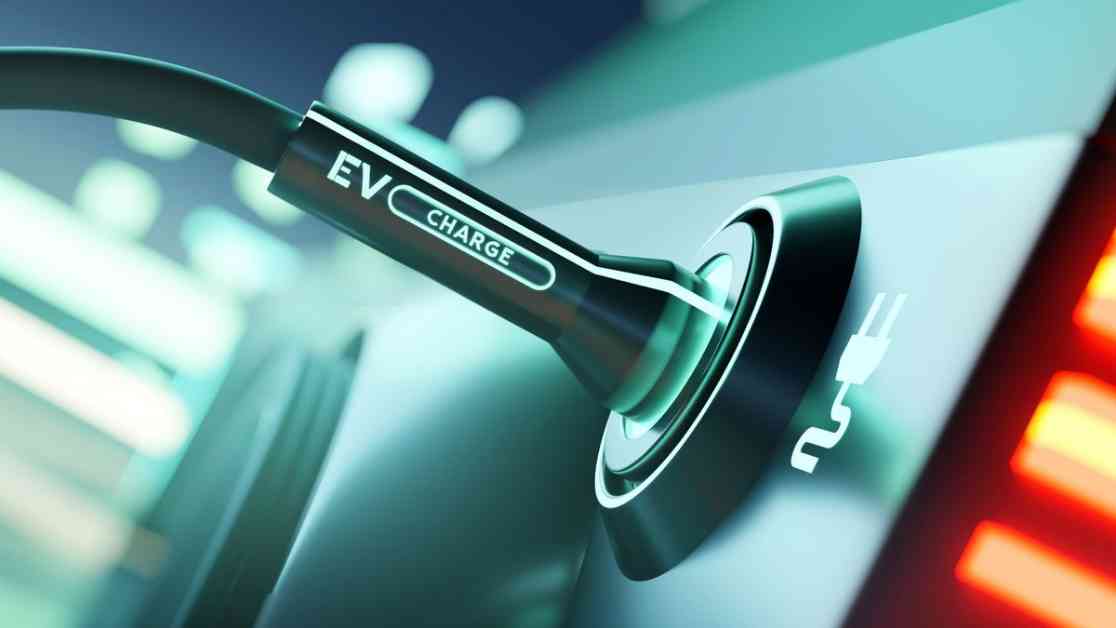A ceramic battery manufacturer recently introduced a new solid-state battery concept that has the potential to revolutionize the electric vehicle (EV) industry. This innovative battery can be charged from 5% to 60% capacity in just five minutes, providing a range of 186 miles (300 km) – equivalent to the time it takes to order a cup of coffee.
ProLogium, the company behind this groundbreaking design, presented the battery at the 2024 Paris Motor Show. According to representatives, the silicon composite anode battery offers significantly higher energy density compared to traditional lithium-ion (Li-ion) or lithium iron phosphate (LFP) batteries. Certified by TUV Rhineland in Germany, the battery boasts 749 Watts per liter (Wh/L) volumetric and 321 Watts per kilogram (Wh/kg) gravimetric capacities. This far surpasses the energy densities of current technologies, which typically range from under 200Wh/kg for LFP to 200-300 Wh/kg for Li-ion batteries.
Furthermore, ProLogium anticipates further advancements in energy density, with expectations of achieving up to 77% higher levels by the end of 2024. The rapid five-minute charging time for a range of 186 miles (300 km) is a significant improvement over the industry’s standard 30-minute duration for the same distance capacity.
The enhanced energy density in both volume and weight allows manufacturers to maximize the efficiency of their battery packs. This means that vehicles can be equipped with smaller, more powerful batteries, freeing up space for other components or increasing the range of sub-compact cars. Additionally, the modular design of the ProLogium battery simplifies service, maintenance, and repair processes. Instead of replacing the entire battery pack in case of damage, only the affected cells or small groups of cells need to be addressed, reducing costs significantly.
ProLogium, established in 2006, has transitioned from providing components and samples for EVs to commercializing solid-state batteries. The company has collaborated with global car manufacturers and partnered with Germany’s FEV Group to develop and mass-produce their innovative battery concept. FEV’s global vice president of electric powertrain, Thomas Hülshorst, expressed confidence in the partnership, emphasizing the alignment with regulatory standards and market demands.
The production of the next-generation battery design is slated to commence in 2027, marking a significant step towards sustainable mobility. With the potential to reshape the EV landscape, ProLogium’s silicon anode battery represents a promising advancement in the quest for efficient, high-performance electric vehicles.




